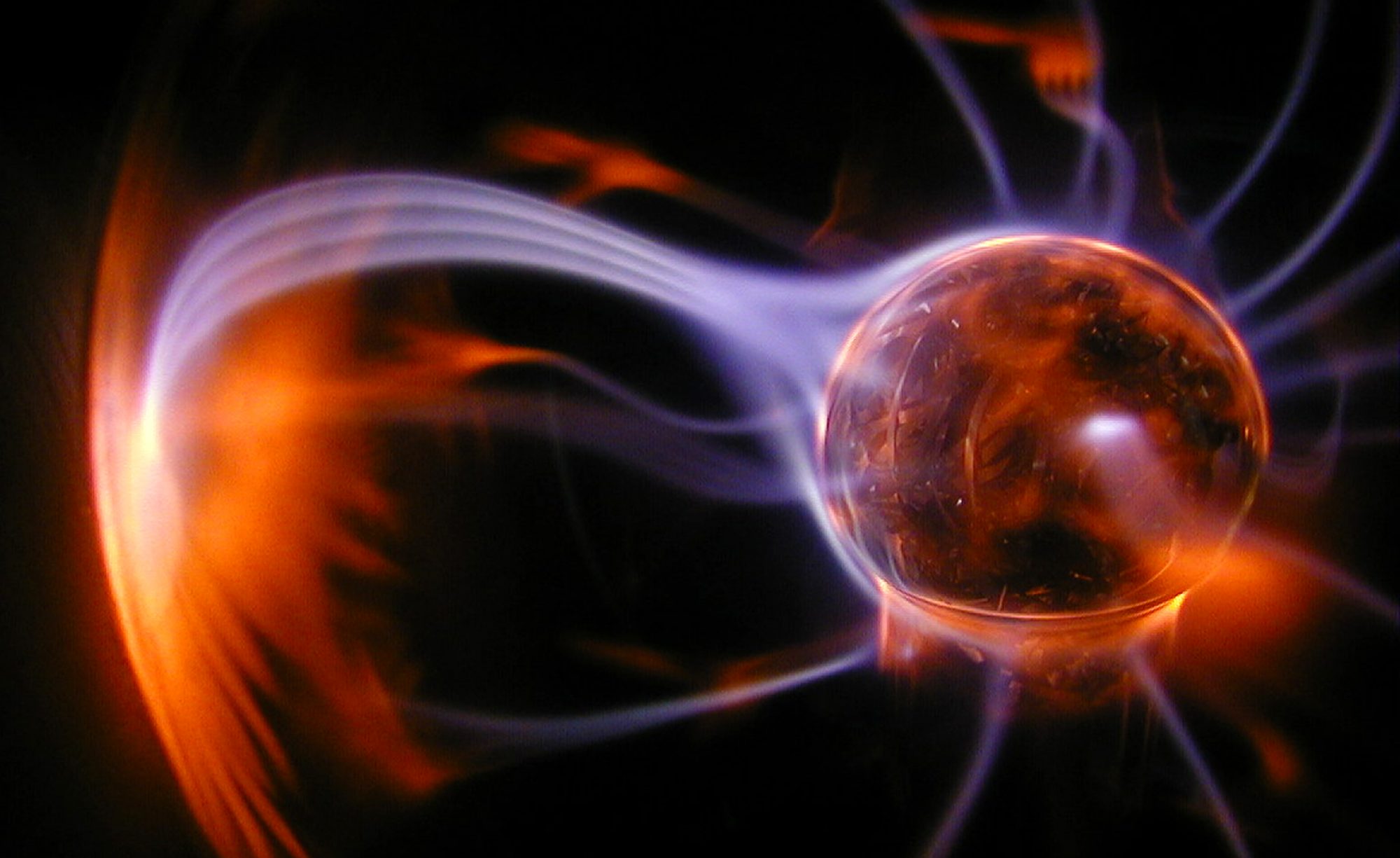| Research Group: | Instituto de Carboquímica (ICB) |  |
| Host institution: | Consejo Superior de Investigaciones Cientificas (CSIC) | |
| Location: | Zaragoza, Spain | |
| Involved Persons: | María Victoria Navarro and Tomás García (ESR 8 and 14) |
General description: The Institute of Carboquimica (ICB-CSIC) scientific activity is mainly developed in the area of Chemical Science and Technology in research lines related to power and environment, the chemical and material processes. ICB-CSIC is at the forefront of European research lines that generate great social sensitivity (capture of CO2 / climate change, air pollution, recovery of waste), in lines that pose new technological challenges (production of hydrogen and renewable fuels) and in more modern applications (nanoscience and nanotechnology, development of new sensors, fuel cells, batteries, superconductors, etc) all of them with catalyst application.
ICB-CSIC is part of the Spanish National Research Council (CSIC), the largest public institution dedicated to research in Spain and the third largest in Europe. Its research is driven by more than 10940 staff including more than 3700 researchers. CSIC has 123 Institutes spread across the country covering areas of Science and Technology.
Persons involved in PIONEER:
- María Victoria Navarro is tenured scientist at the Environmental Research Group of the ICB-CSIC. Her research focuses on the development and application of high-performance materials for energetic and environmental applications, including catalysts for production of H2 in processes involving CO2 reactions like steam-methane sorption-enhanced reforming and methanation and hierarchical zeolites for pollutant abatement. She utilizes experimental facilities from mg to g/h to study solid application as well as computational tools.
- Tomás García is Senior Scientific researcher and Deputy Director at the ICB-CSIC. His research is devoted to the development of new preparative methodologies to produce highly active heterogeneous catalysts for different catalytic reactions, mainly cracking and total and selective oxidation. Examples include the development of nanocrystalline metal oxides and supported metal catalysts for the oxidative destruction of Volatile Organic Compounds (VOCs) and the synthesis of bifunctional hierarchical zeolites for bio-oil upgrading. In 2007 he was awarded the Aragon Investiga Award to Young Researchers, sponsored by the Regional Government, for its relevant achievements under 35 year old
Representative publications:
- M. V. Navarro, J. Plou, J. M. López, G. Grasa, R. Murillo, Effect of oxidation-reduction cycles on steam-methane reforming kinetics over a nickel-based catalyst, Int. J. Hydrogen Energy 44 (2019) 12617-12627.
- M. V. Navarro, J. M. López, T. García, G. Grasa, R. Murillo, Catalyst evaluation for high-purity H2 production by sorption-enhanced steam-methane reforming coupled to a Ca/Cu process, J. Power Sources 363 (2017) 117-125.
- G. Grasa, M. V. Navarro, J. M. López, L. Díez-Martín, J. R. Fernández, R. Murillo, Validation of the H2 production stage via SER under relevant conditions for the Ca/Cu reforming process practical application, Chem. Eng. J. 324 (2017) 266-278.
- A. Moragués, B. Puértolas, A. Mayoral, R. Arenal, A. B. Hungría, S. Murcia-Mascarós, S. H. Taylor, B. Solsona, T. García, P. Amorós, Understanding the role of Ti-rich domains in the stabilization of gold nanoparticles on mesoporous silica-based catalysts, J. Catal. 360 (2018) 187-200.
- B. Puértolas, A. Mayoral, R. Arenal, B. Solsona, A. Moragués, S. Murcia-Mascarós, P. Amorós, A. B. Hungría, S. H. Taylor, T. García, High Temperature Stable Gold Nanoparticle Catalysts for Application under Severe Conditions: The Role of TiO2 Nanodomains on Structure and Activity, ACS Catalysis 5 (2015) 1078-1086.
- B. Puértolas, A. Veses, M. S. Callén, S. Mitchell, T. García, J. Pérez-Ramírez, Porosity-acidity interplay in hierarchical ZSM-5 zeolites for pyrolysis oil valorization to aromatics. ChemSusChem 8(19) (2015) 3283-3293.

